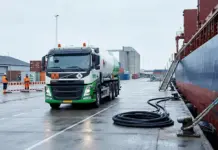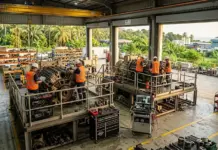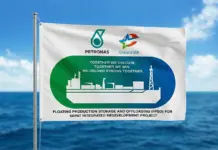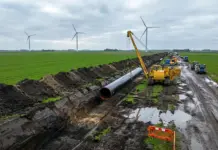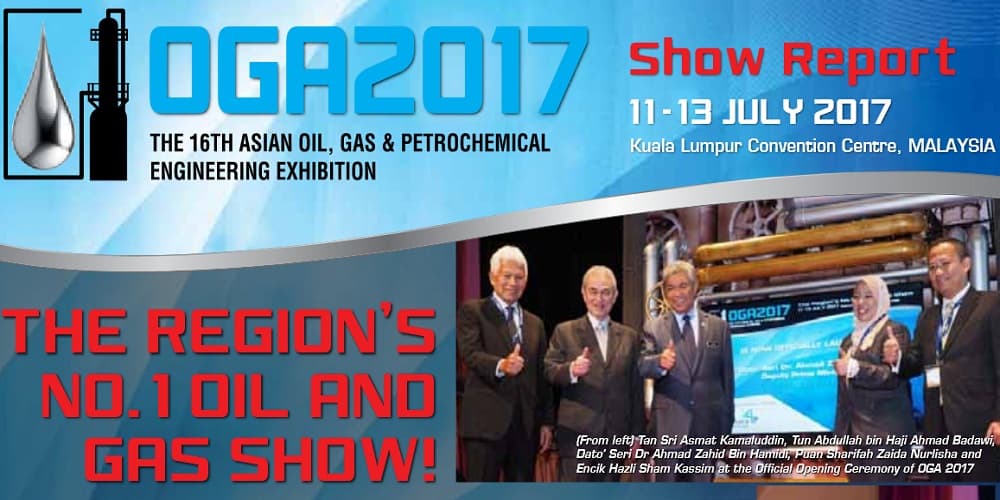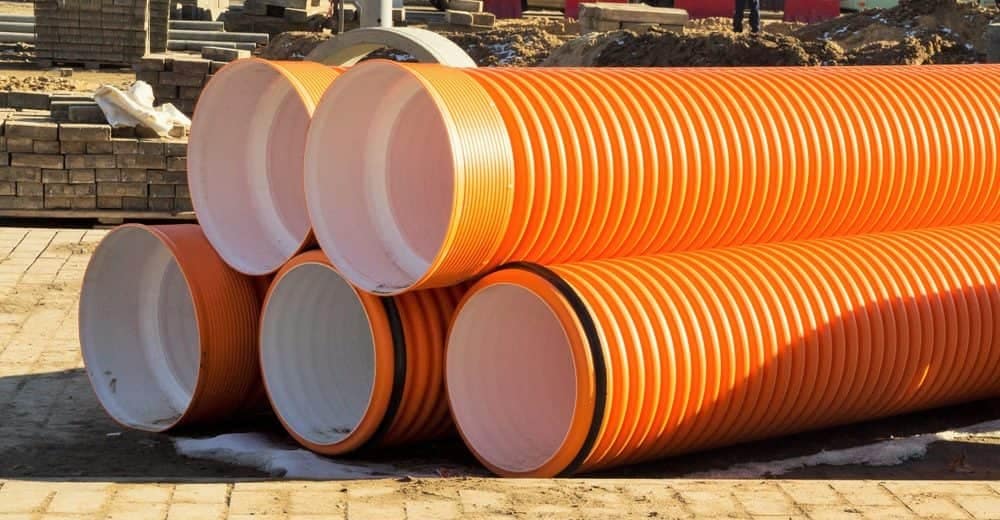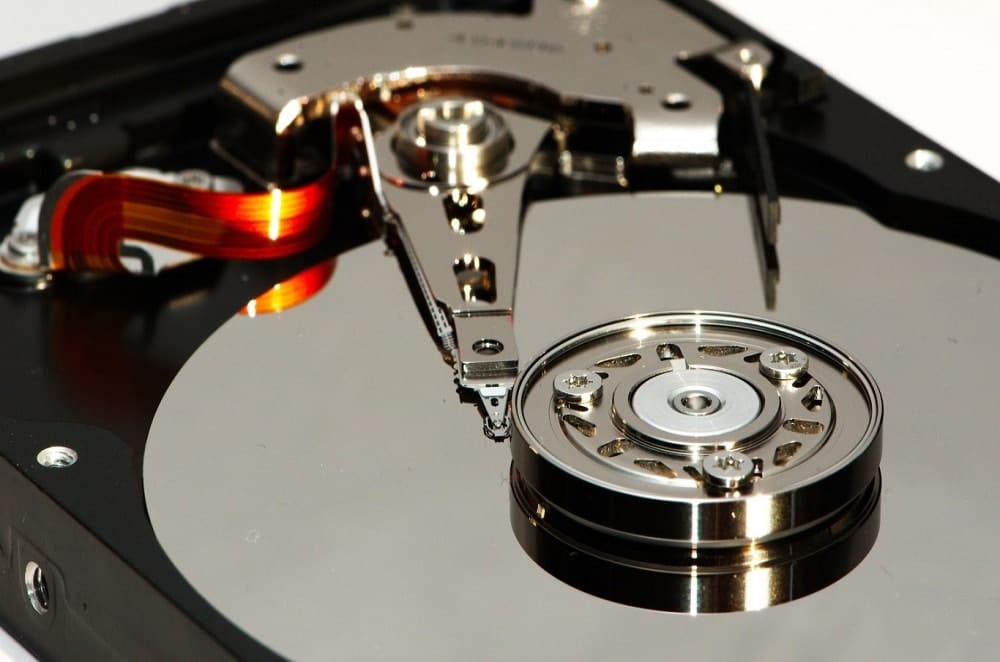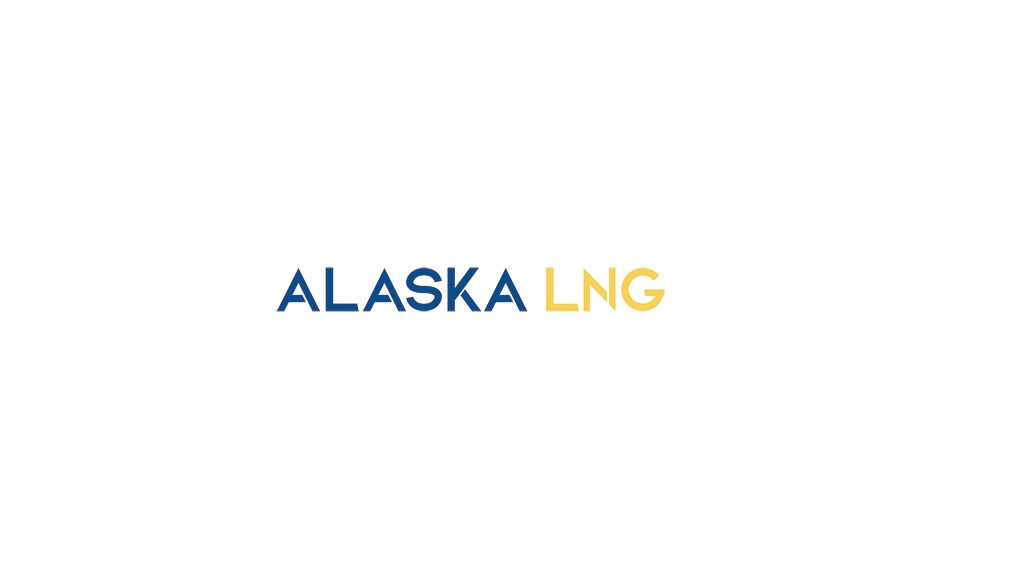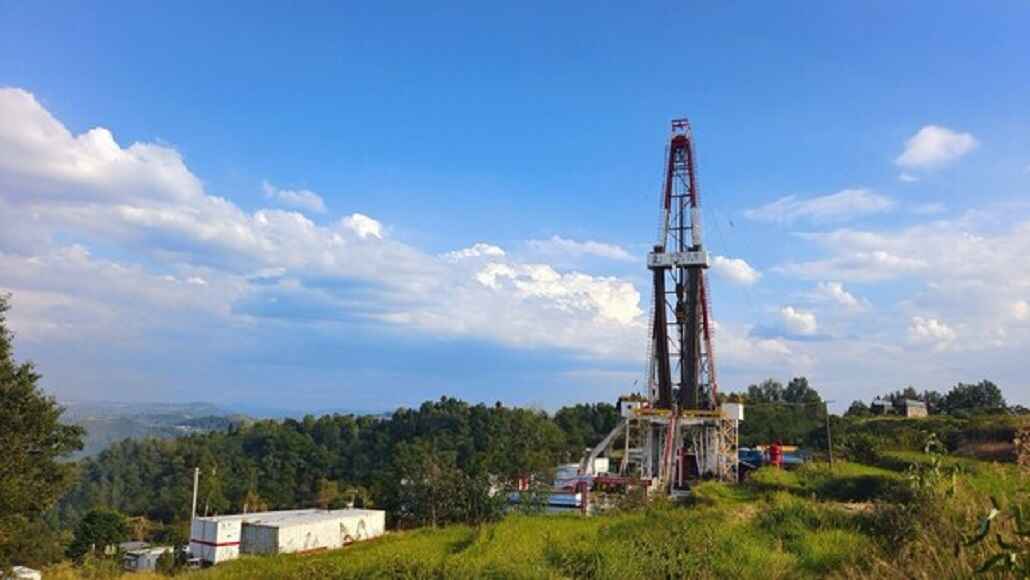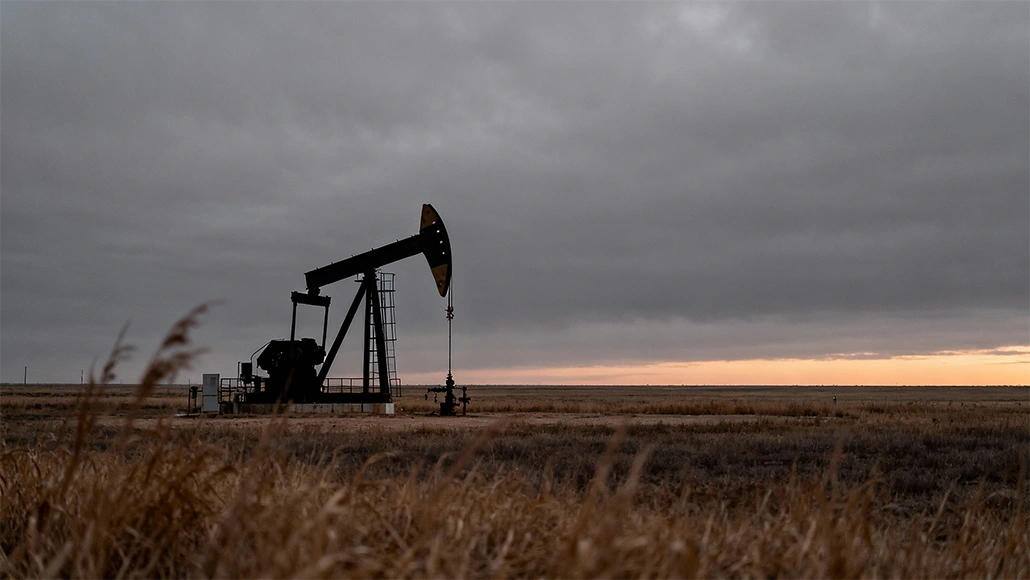Rosen will unveil its new in-line corrosion detection service RoCorr MFL-A Ultra at next week’s International Pipeline Conference and Exposition 2016 (IPCE 2016) in Calgary, Canada.
The new service is based on ultra-high-definition axial magnetic-flux-leakage (MFL-A) technology, and the company says it will enable the detection and resizing of miniscule and complex pipe defects, detecting pinholes in the pipe walls with a diameter of 1 mm or less.
The company says that its new service also has the ability to define the exact structure of the defect, including preferential girth weld corrosion, top-of-the-line corrosion (TOLC), pinholes in general corrosion, pinhole colonies, and microbially-induced corrosion (MIC).
Rocorr MFL-A Ultra combines two technologies: pipeline imaging, which creates a high-definition 3-D design of MFL sensors, and AutoData which calibrates adaptive algorithms using 3-D laser scans of pipe defects.
The technology is designed to provide a detailed and accurate representation of a pipeline’s structure which allows for less-conservative integrity assessments which minimises field-verification expense and optimises performance.
Rosen’s products and technology will be on display at booth 512 during IPCE 2016.
Pipelines International contact Assistant Editor
Nick Lovering
nlovering@gs-press.com.au


